Here’s where I share the various musical and general life/art inspirations I’m having, and how they intersect with my own music-making. Expect unnecessary reviews of albums from 60 years ago, and notes on the musical minutiae that I enjoy.
Eli Reviews: Two Star & The Dream Police – Mk.gee (2024)
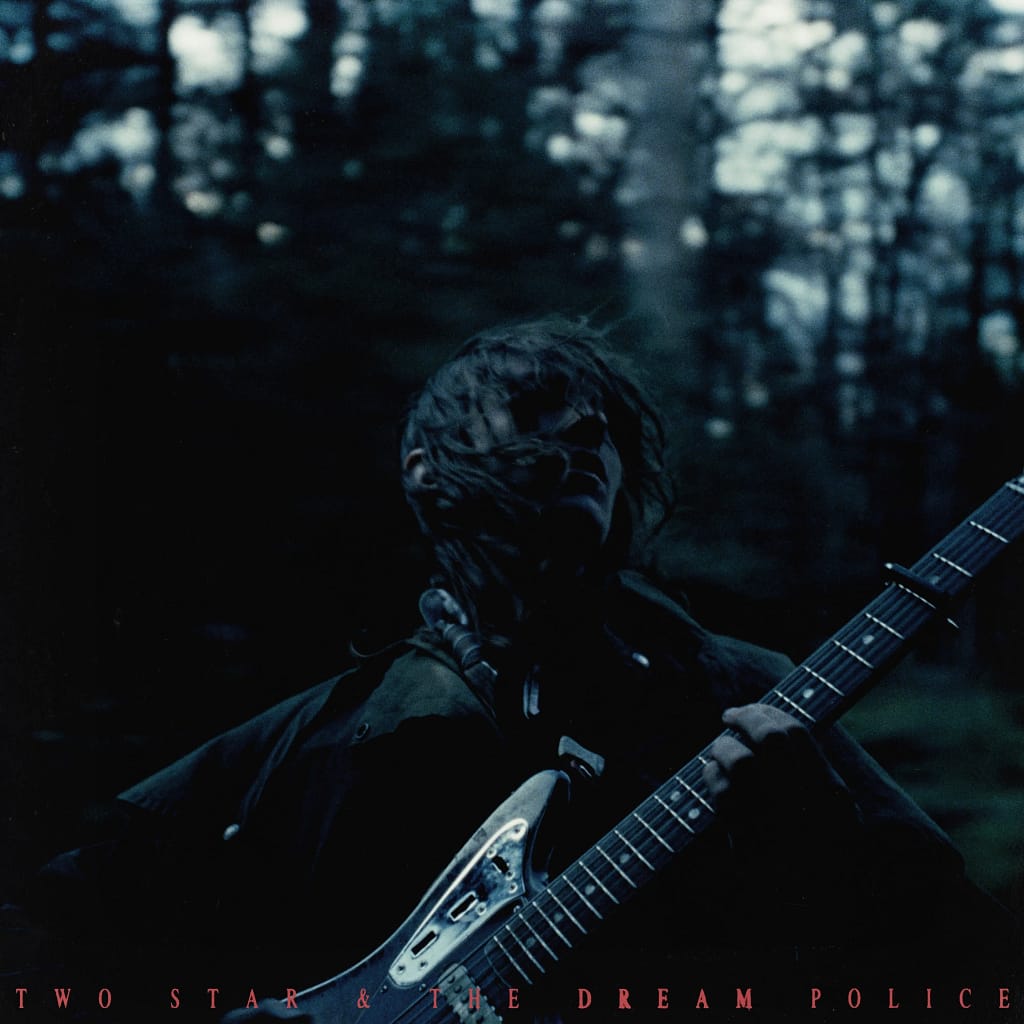
This album is one of the few modern ones I’ll likely review, but somehow it came on my radar last year in my Album A Day craze. I loved it but had to move on to the next one on my list without really revisiting it until today, where it’s been the soundtrack to my melancholic mood today. It’s one of the favorite things I’ve ever heard. It’s alongside everything by The 1975 and also Bon Iver’s 22, A Million. Maybe a little of Phoebe Bridger’s Punisher – I listen to only snatches of modern popular music outside of these records but to me they do have commonalities. They’re all my inspirations for music I’ve been working on and just emotionally unable to release as yet. This guy is even closer to home for pretty much doing it all himself, even up to mixing his own studio record.
“New Low” is probably my least favorite song, but as in introduction to the album’s tone and sound, it does a lot, especially with the drums.
“How many miles” is so full of soul and beauty and a sort of happysad, it gives a more particular vision of what the album is going to be: balladic. I’m sort of surprised how normal and acoustic the cross-stick is in the drums. He’s so amazing at being bold in being ‘not pretty’ but deeply beautiful, with all the modern pop production effects used to incredible taste.
“Are You Looking Up” is one of the more recognizable tracks to me – I’ve now listened to this record 5 times today – with the sort of country stylings of the guitar and the subtle key change between verse and chorus. The drums are barely there but the track has such bounce to it. The placement of the vocals is incredible, like it’s a demo tape but somehow sounding exactly as it’s meant to be.
In “DNM” somewhere is the feeling of new jack swing, but with all the rhythm in that genre brought down by 80%, and yet the track still grooves. The end gives me feelings of PBS in the late 80s (technically I was there).
“You Got It” is big on the 80s piano, again summoning beautiful feelings of a borrowed nostalgia. There’s so much RnB buried in here, and it’s just amazing to me how so little can communicate so much. It’s probably doing this album a great injustice to only have heard it in my Beats earbuds, but it sounds so good in them.
“Rylee & I” has one of the best vocal hooks on the record, with a soulful run down on “I” and some MJish pushed vocals. It really is like with The 1975, where their stated primary influences are not what they look like (sort of an emo band) but instead soulful characters like Michael Jackson. There’s some challenging sounds in here but with the edges rolled off just nicely.
“Candy” brings back the beat just a little, and we get a rare guitar solo here, backed by some very 80s sounds, somehow still sounding modern. Though I can’t remember the names of the songs, and don’t know what he’s saying hardly at all, each song is in the same wonderful sonic world but with plenty of musical identity each its own.
The really rhythmic vocal delivery in “I Want” is an example of that. Also the cool key change section before the 2 minute mark. There’s almost an 80s jazz fusion element to it with the synth solo section too. I’m moved by every song and have no exact ideas about what Mk.gee is singing. I love this effect and have ever since Pete Yorn’s musicforthemorningafter found it’s way into my favorites in my late teens.
“Alesis” has a bit of grunge to it, but understated. It amazes me how much comes across with just a little of it…I’ve been recently back into some of my songs I started mixing years ago, thinking once again that every single musical element has to be pushed and compressed so that EVERYONE HEARS IT. There’s a cool bit towards the middle where it sounds like some of the parts of the song are put into a different room. I felt this sort of detachment from the ‘song’ itself, diving into the production picture more, with Quixote. I feel inspired to try and get there again.
“Breakthespell” is just gorgeous. The vocals have a lower timbre, plenty affected too, with the guitar giving some nice percussive moves that evokes a little to me of old soul songs, also of this guy Bahamas. The chords and the sonics of the song remind me of “Crimson & Clover” by Tommy James and the Shondells, which was, of course, an incredible piece of sonic imagination.
The 80s piano comes back in “Little Bit More”, and some of the most soulful of the album’s vocals. It does plenty well without much percussion, just the persistent lowpassed guitar groove.
“Dream Police” is one of the most beautiful songs on the record, right at the very end. This might be his most real voice, though also affected in the modern way (occasional octave and formant shifts). The low guitar sounds a little like a fretless bass, again in the 80s sound world.
I don’t know what my cruise ship music aficianados would make of this record. It’s got so much of previous eras in it, but with the modern production toolbox in Mk.gee’s talented hands.

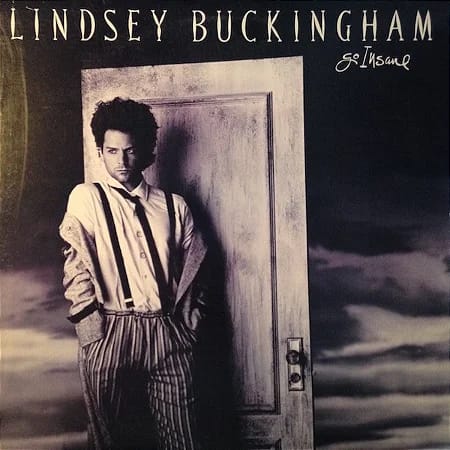
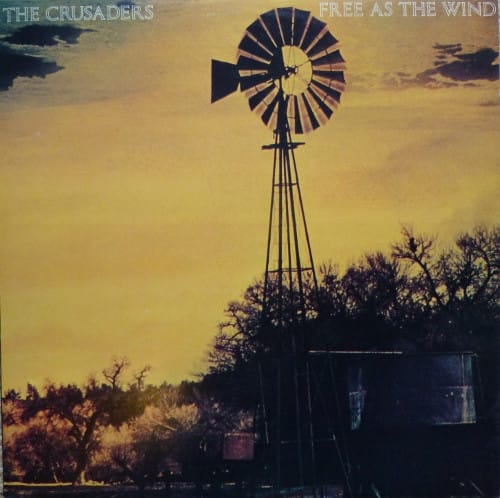
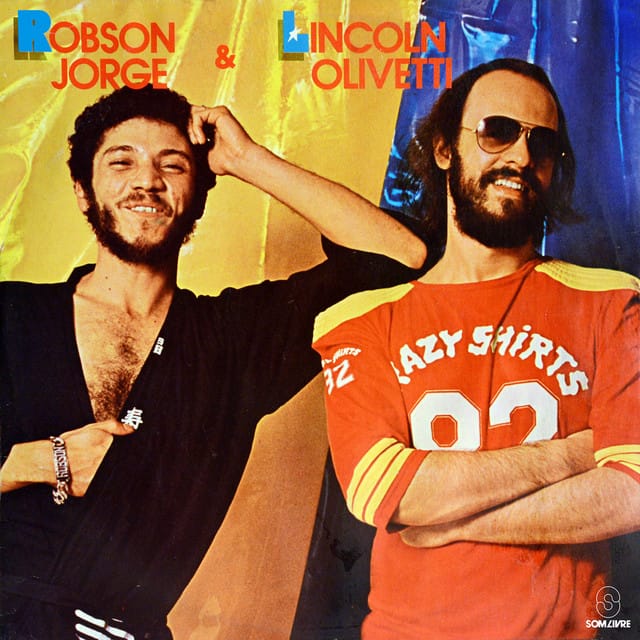
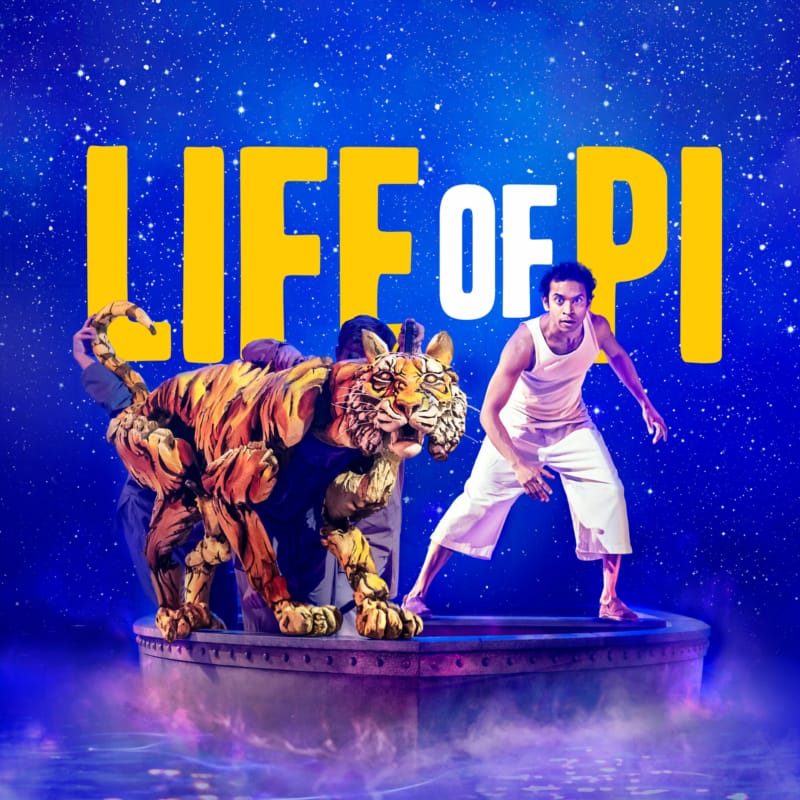
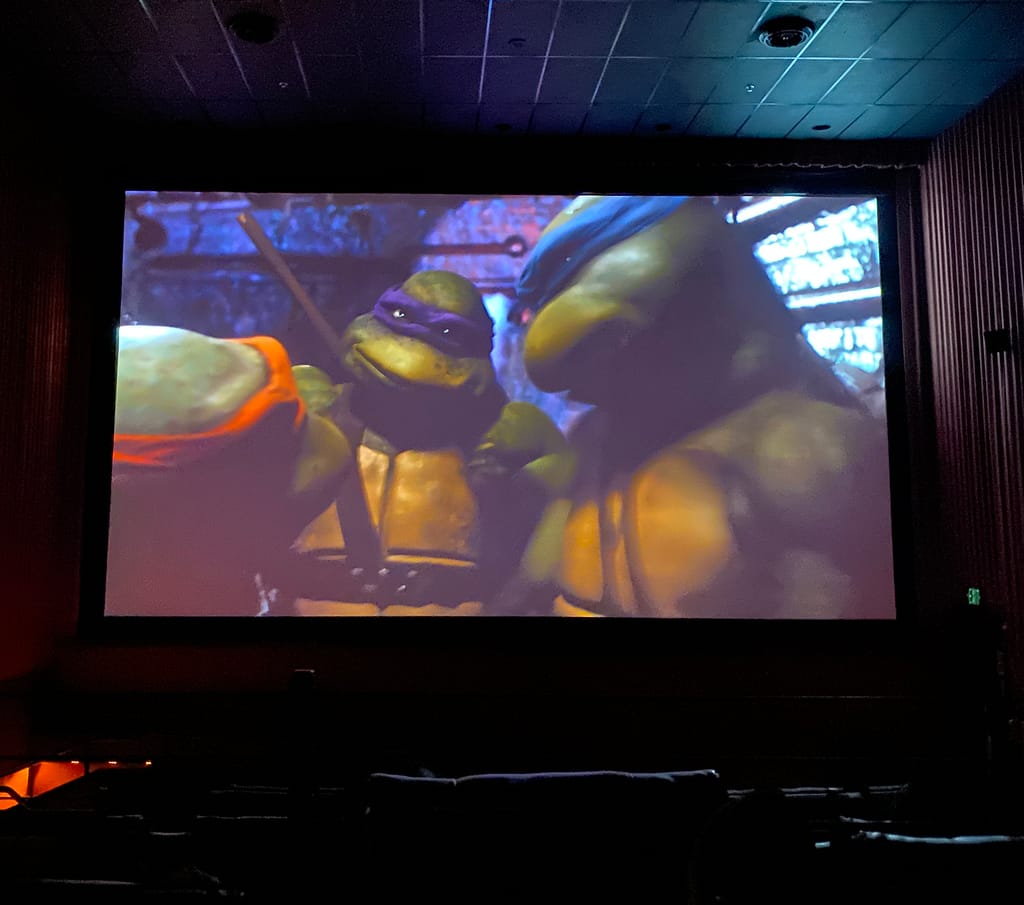


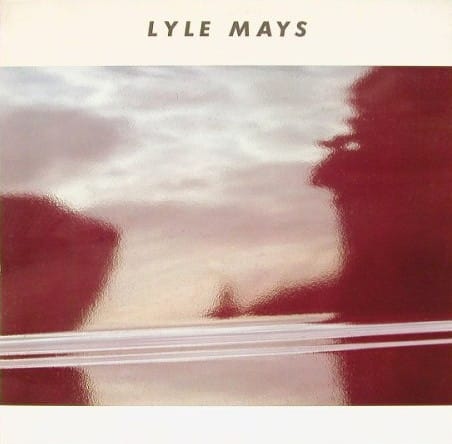
Leave a Reply
You must be logged in to post a comment.